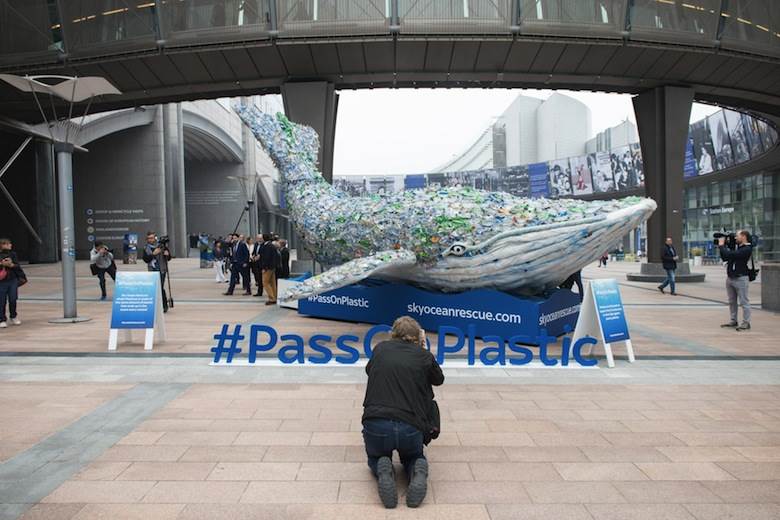Some plastic products to be banned under new EU rules
29/05/2018

“With the amount of harmful plastic litter in oceans and seas growing ever greater, the European Commission is proposing new rules to target the 10 single-use plastic products most often found on Europe’s beaches and seas,” the Commission said on May 28, “as well as lost and abandoned fishing gear. Together these constitute 70% of all marine litter items.”
The new rules are “proportionate” and “tailored to get the best results”, it continued. This means different measures will be applied to different products. Where alternatives are readily available and affordable, single-use plastic products will be banned from the market. For products without “straightforward alternatives”, the focus will be on limiting their use through reduction in consumption, but the Commission is also seeking to impose “design and labelling requirements” and waste management (including clean-up) obligations on manufacturers. “The new rules will put Europe ahead of the curve on an issue with global implications,” the Commission said.
Plastic cotton buds, cutlery, plates, straws, drink stirrers and sticks for balloons are among the products that are to be banned; these will now have to be made from more sustainable materials instead.
According to the Commission’s figures, plastics make up 85% of marine litter, globally, and plastics “are even reaching people’s lungs and dinner tables, with micro-plastics in the air, water and food having an unknown impact on their health”. It says “tackling the plastics problem is a must”, but points out that this can also bring new opportunities for innovation, competitiveness and job creation.
“Having one set of rules for the whole EU market will create a springboard for European companies to develop economies of scale and be more competitive in the booming global marketplace for sustainable products,” the Commission said. “By setting up re-use systems, companies can ensure a stable supply of high-quality material. In other cases, the incentive to look for more sustainable solutions can give companies the technological lead over global competitors.”
Perhaps the aspect of this with the greatest potential for an immediate impact on the textile supply chain is the reference the European Commission makes to fishing gear. Please see separate news story.










